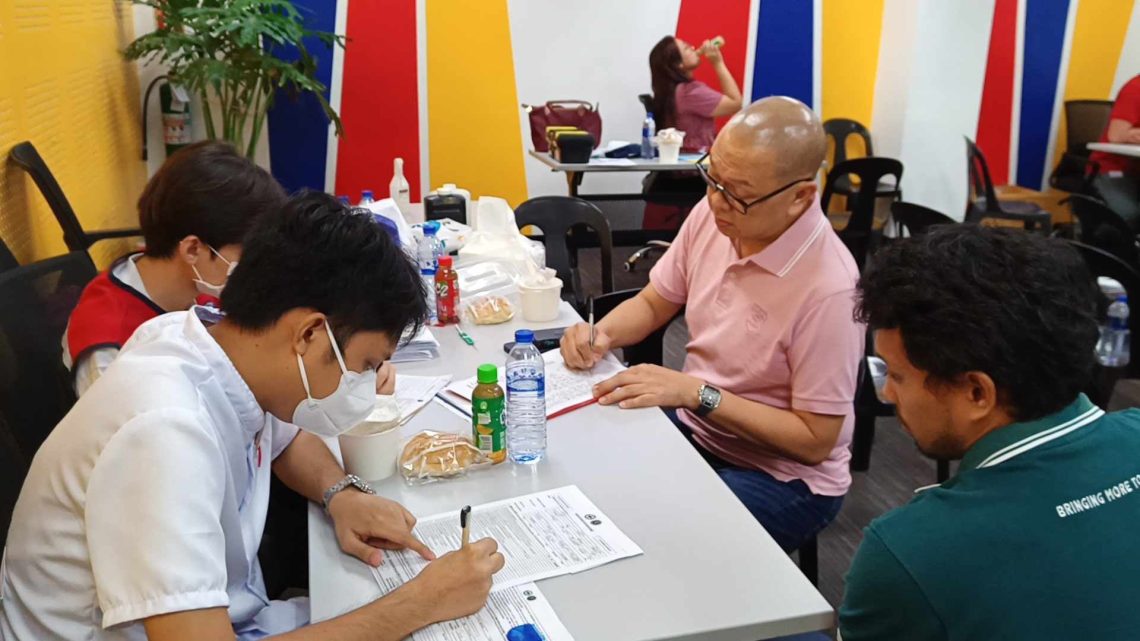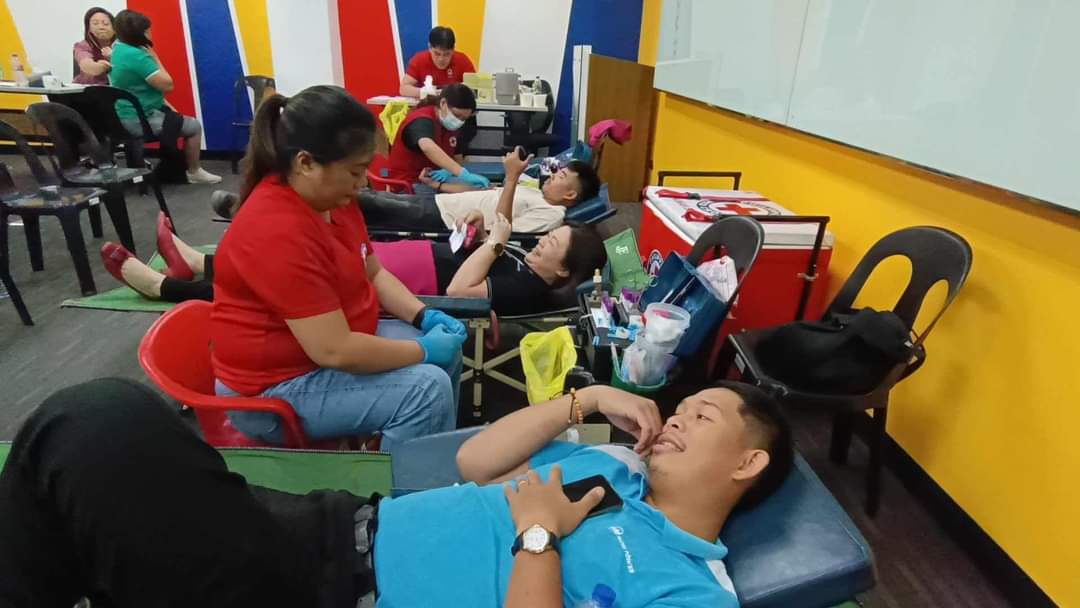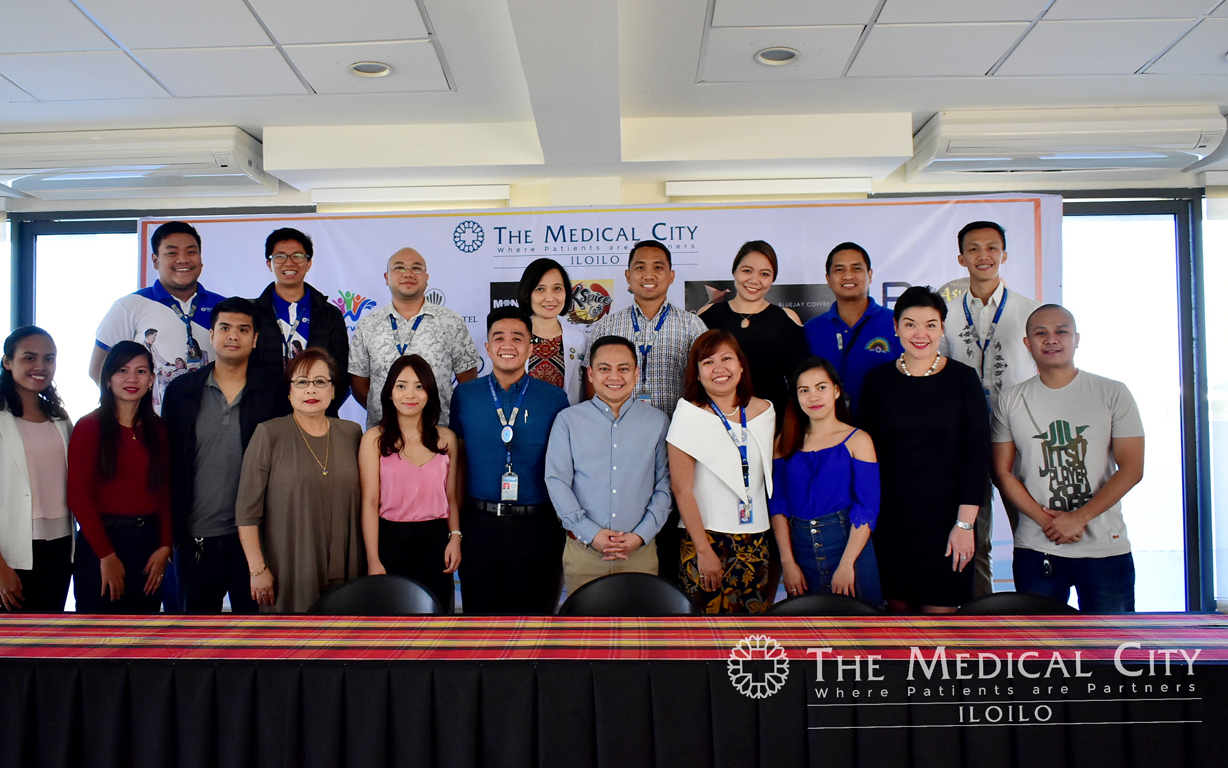There is a very high demand for blood packs during the rainy season in the country with the rising dengue cases.
In Iloilo City alone, most hospitals and patients would call the Philippine Red Cross for urgent blood transfusions which are badly needed by dengue patients.
This surge has somehow exhausted PRC’s blood bank which is why they partnered with private institutions to keep those blood supply coming.
MORE Power was quick to respond with its regular blood donation drive, now in its fourth year.

MORE Power employee, Arjohn was one of those who took the initiative.
“I believe a single blood donation can save lives sang mga tawo, especially subong nga damu nagakinahanglan sang dugo.
Kita nga pwede maka donar, pwede naton idonate sa iban para mabuligan naton ang mga nagakinahanglan,” says Arjohn Casten.

Regular blood donation gives our body the right balance especially with our circulatory system.
This further prevents blood clots and heart problems.
“Maliban sa makabulig sa iban, mas makabulig man sa aton lawas kay ma renew atun dugo,” says Christian Paul Caspillo.
“Nagsugod ako donate last year, kag every three months naga donate ako,” says Deo Amparado.

MORE Power’s security department has one of the most number of donors. “We are very supportive of the project of MORE Power. Whatever the project is very supportive kami.” says Manuel Glen Sua Jr, President and Staff of MORE Power Security Agency.
This is the fourth year of MORE Power’s donation drive becoming one of Philippine Red Cross’ active partners.
“It benefits not only the donor but the patients. For the donors, ang blood is naga renew every three months. For patients nga makabaton especially now nga damu kita patients nga may dengue, nagakulang gid kita dugo. Our one blood is makabulig sa three patients. Even if 10 ka people lang mag donate, may 30 people na kita mabuligan,” says Dr. Jean Louise Corre of Philippine Red Cross.
The Gift of Life Project is part of MORE Power’s corporate social responsibility as a private company that is willing to serve the Ilonggos.



